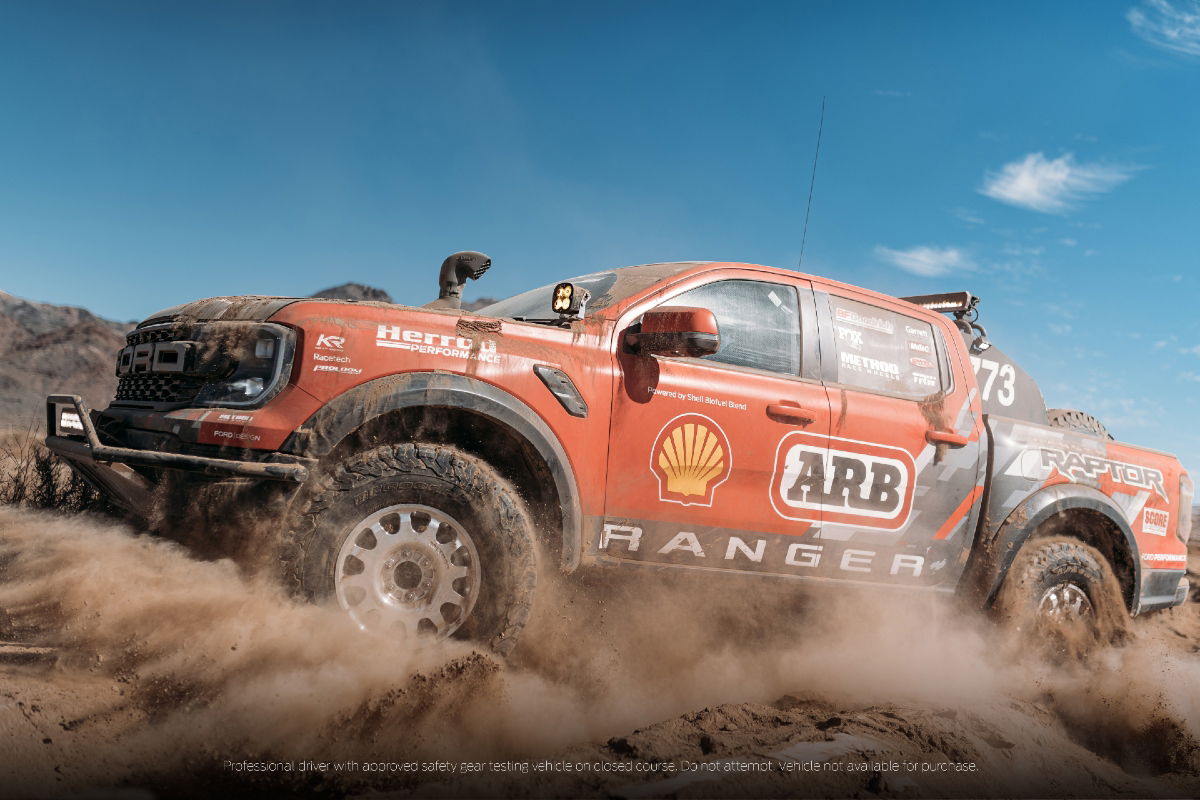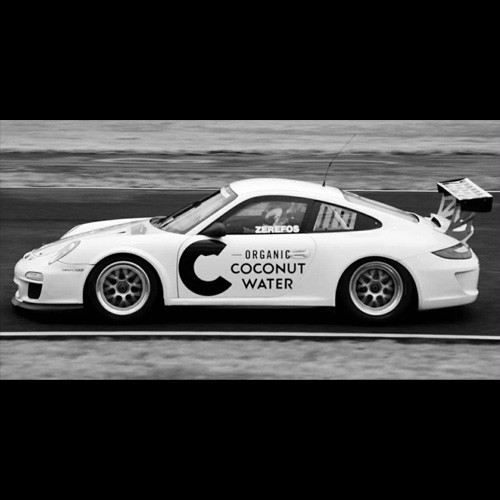
Ford said it wanted the Ranger Raptor to go off-road racing and now the Australian-designed and developed ute will be tackling one of the toughest off-road races in the world – the Baja 1000.
Ford Performance global boss, Trevor Worthington, told Torquecafe recently that he wants to see the Ranger nameplate take on the world’s toughest races like the Dakar Rally and Finke Desert Race. The Baja 1000 certainly fits that brief, with the 1000-mile race through the Mexican desert without breaks considered the ultimate test of driver and machine in North America.
OFF-ROAD TEST: 2022 Ford Ranger Raptor review
The Raptor nameplate was developed off the back of Ford’s success in the race, with the most capable off-road setting in the drive mode of the high-performance ute called ‘Baja’ in honour of the event.

Brian Novak, off-road motorsports supervisor for Ford Performance, said Baja is the ultimate test for the brand’s off-road models.
“By entering this event, we’re building on the hundreds of thousands of kilometres of development testing and pushing the Ranger Raptor to new extremes,” he said.
“The Baja 1000 is a demanding event and well-known proving ground for off-road vehicles. We are excited to compete in this extreme event with Ranger Raptor.”
The Baja-bound Raptor has been developed by Australia’s Kelly Racing and USA’s Lovell Racing, combining the knowledge of both teams. It has been built to the ‘stock class’ for the event with relatively minor modifications for the competition.

One major difference, though, is fuel, with the Raptor set to race on Shell’s new low-carbon biofuel. Carbon neutral synthetic fuel is another area Worthington – who also helps lead Ford’s internal combustion vehicle programs – told Torquecafe he’d like Ford to invest in to ensure it doesn’t have to rely on electric only models in the future.
The low-carbon fuel is a blend of ethanol and bionaphtha, an organically-sourced material typically produced from wood pulp and vegetable oil waste, and, Cynthia Williams, global director of sustainably for Ford, said using it will help speed up its development and acceptance.
“Demonstrating low-carbon fuels in performance settings like the Baja 1000 can help bring biofuels and other clean energy technologies to scale more quickly, and help make them more available and affordable for everyone,” she said.
Ford hasn’t revealed who will be driving the Raptor in the event or if it will compete in any warm-up events.














Discussion about this post